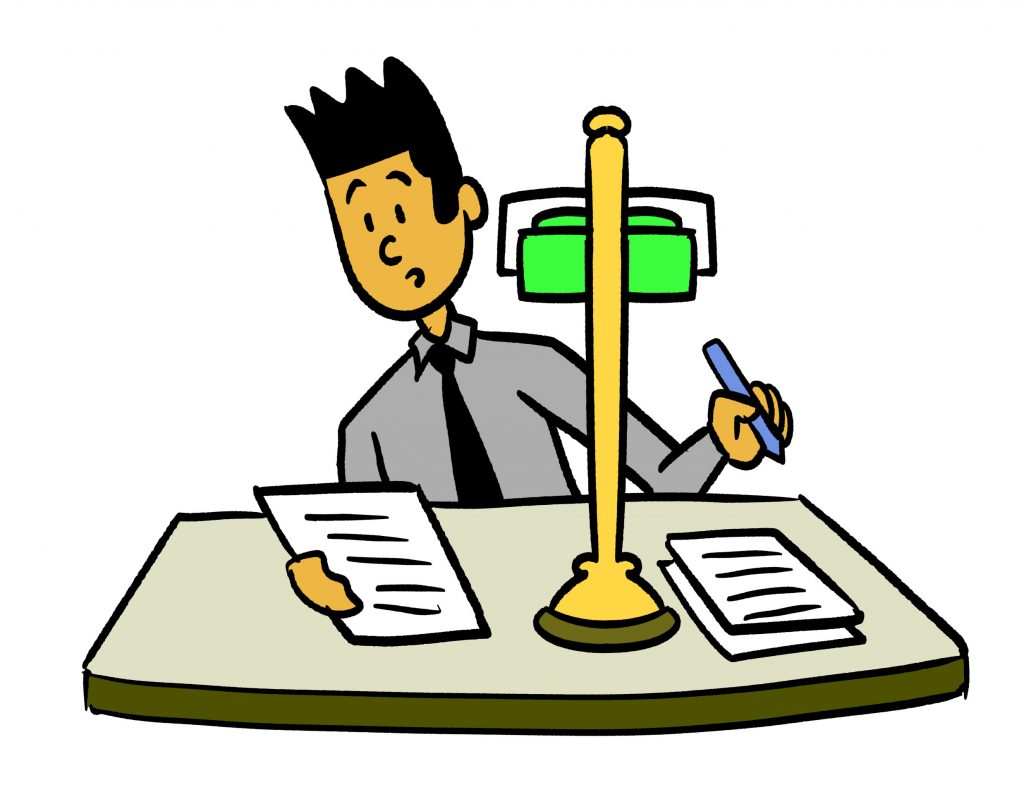Let’s continue the lease series with insurance.
I know, I know, it’s a boring topic, and nobody likes to talk about it, but it’s necessary and will be required in your lease agreement.
There are several types of insurance your lease agreement may require, and the exact types will depend on the leased equipment, the terms, usage, and other factors. But make no mistake – insurance on leased equipment is vital, and you must have it in the proper amounts.
Here are a few general insurance types that leased equipment may need:
Property Insurance on the Equipment: Obviously, the equipment will need property insurance to cover any type of damage to the equipment (or theft). This needs to cover the full value of the equipment, and not simply the value that is leased. Further, some lease deals may also require GAP Insurance (GAP = Guaranteed Asset Protection) if the amount owed on the lease could exceed the equipment’s value.
Liability Insurance: This will be present on most lease agreements, especially in the case of machinery and vehicles. If the equipment has the capability to injure someone, either an operator or a bystander, or is capable of something like causing a fire, you can bet liability coverage will be required. Because in the case of an accident, everybody may get sued. So we’re going to want to see liability insurance on the equipment.
Rental Reimbursement: Let’s say the machine you are leasing is vital to your business. So what happens if it’s out of commission for some reason? Your operations will suffer, and while the equipment may still be under warranty, nobody can guarantee speedy repair. Having rental reimbursement insurance is necessary during this time, as you’ll be able to rent a replacement quickly and not pay double (your original lease payment and a rental.)
Extended Warranty: These are usually a good idea, especially if they include maintenance.
Environmental Liability Insurance: Can the leased equipment potentially cause environmental damage? If so, it may not be covered under other coverages, making this necessary.
Professional Liability Insurance: If you use the equipment to provide services, this can protect you from claims of negligence.
Having proper insurance on leased equipment is a must. And since you are technically not the owner of the equipment, your own policies that are already in place may not provide adequate coverage (if at all.) So yes, the terms and conditions in your lease will have insurance language – make sure you are familiar with what you need.

